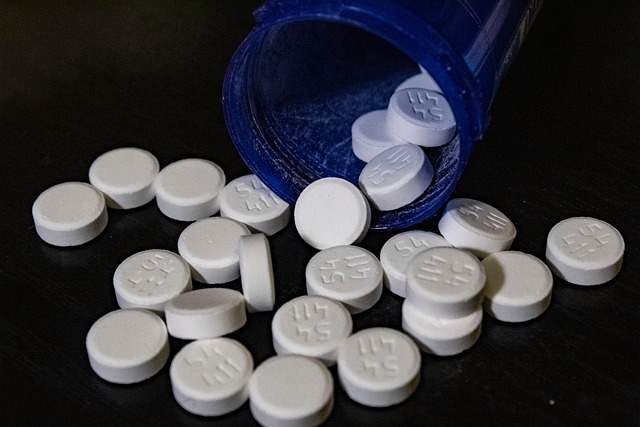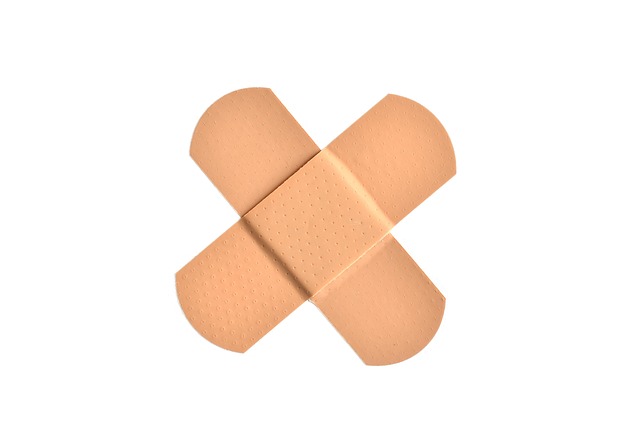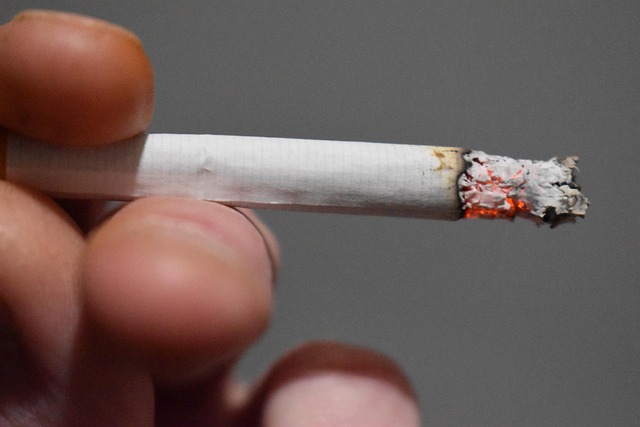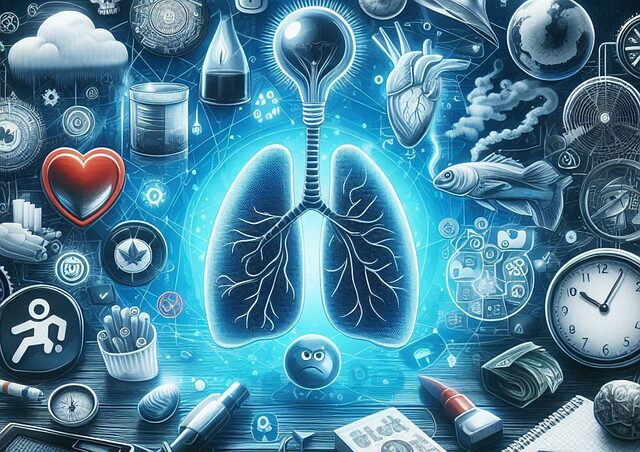Physician addiction is a complex issue requiring specialized care due to the unique pressures of high-stress careers. Confidentiality and privacy are key in fostering trust, with programs designed to heal and reintegrate medical professionals back into their roles. These tailored interventions address stress, burnout, and emotional struggles, combining advanced therapies, peer support, and field-specific education. Holistic approaches integrate physical and mental health care, while robust support networks and aftercare ensure sustained recovery and improved well-being for healthcare providers.
“In the high-pressure world of healthcare, physicians and medical professionals are not immune to challenges, including addiction. ‘Specialized luxury treatment programs’ offer a unique approach to addressing physician addiction, recognizing their distinct needs. This comprehensive article explores the intricate issues surrounding physician addiction, emphasizing the critical factors of confidentiality, specialized care, integrated wellness, and robust aftercare networks. By delving into these aspects, we aim to highlight effective strategies for successful recovery and long-term well-being in the medical community.”
- Understanding the Unique Challenges of Physician Addiction
- The Importance of Confidentiality and Privacy in Treatment
- Specialized Programs: Tailoring Treatment to Medical Professionals
- Integrating Physical and Mental Health Care for Comprehensive Recovery
- Support Networks and Aftercare for Long-Term Success
Understanding the Unique Challenges of Physician Addiction

Physician addiction is a complex issue that demands specialized attention due to the unique challenges it presents. These healthcare providers, who have dedicated their lives to helping others, may struggle with substance abuse or behavioral addictions, often stemming from prolonged exposure to stress, trauma, and high-pressure environments. The nature of their work can lead to burnout, depression, and anxiety, which, if left unaddressed, can escalate into addiction.
Understanding these challenges is crucial for developing effective physician addiction treatment programs. Unlike the general population, physicians often have access to medical resources but may face barriers in seeking help due to concerns about confidentiality, stigma, or fear of professional repercussions. Customized assistance, such as peer support groups and confidential counseling services, can encourage healthcare professionals to initiate recovery journeys. Medical professional treatment centers that recognize these complexities offer specialized programs tailored to the unique needs of physicians, fostering a supportive environment for healing and returning them to their crucial roles in patient care.
The Importance of Confidentiality and Privacy in Treatment

In the realm of physician addiction treatment, confidentiality and privacy are paramount. Healthcare professionals face unique challenges that require specialized luxury treatment programs designed to protect sensitive information. Patients, especially those in high-stress, demanding careers, may struggle with issues like burnout, stress, or addiction—all of which can be exacerbated by the intense pressure to maintain professional standards. In these cases, seeking assistance through private and confidential programs can foster a safer, more supportive environment for recovery.
Maintaining privacy is crucial for fostering trust between physicians and treatment providers. Medical professionals recovering from addiction need a space where they can openly discuss their struggles without fear of judgment or repercussions. Specialized luxury treatment programs understand the delicate nature of these conversations and are equipped to handle patient data securely, ensuring that the confidential details of each physician’s journey remain strictly private. This level of discretion encourages participants to fully engage in their recovery process, knowing that their personal matters will remain protected.
Specialized Programs: Tailoring Treatment to Medical Professionals

Specialized programs for physicians and healthcare professionals offer tailored addiction treatment that acknowledges the unique challenges faced by these individuals. Medical professionals, like anyone else, are susceptible to substance abuse issues stemming from stress, burnout, or personal struggles. However, their access to controlled substances and specialized knowledge requires a more nuanced approach to recovery. These specialized programs recognize the need for confidential, understanding, and comprehensive care that respects professional boundaries while addressing addiction effectively.
Such programs often incorporate advanced therapeutic techniques, peer support groups, and educational resources specific to the medical field. The goal is not just to treat addiction but also to foster resilience, prevent relapse, and promote long-term wellness. By providing physician assistance and healthcare professional treatment tailored to their needs, these specialized programs aim to restore balance, enhance well-being, and enable professionals to continue serving their patients with renewed passion and competence.
Integrating Physical and Mental Health Care for Comprehensive Recovery

In the realm of physician addiction treatment, a comprehensive approach is essential to address both physical and mental health simultaneously. Traditional models often focus on one aspect, but modern specialized luxury treatment programs understand that true recovery requires integrating these elements. Medical professional treatment centers now offer holistic care, recognizing that physicians and healthcare professionals battling addiction also struggle with stress, burnout, and emotional issues.
This tailored approach to healthcare professional recovery ensures a more effective and sustainable rehabilitation process. By combining evidence-based therapies, medical supervision, and mental health support, these programs enable individuals to confront and overcome addiction while fostering overall well-being. Such a multifaceted strategy not only facilitates the physician assistance needed for physical dependence but also equips medical professionals with tools to manage stress and prevent future relapses.
Support Networks and Aftercare for Long-Term Success

Support Networks and Aftercare play a pivotal role in the long-term success of physician addiction treatment. Following completion of an intensive program, healthcare professionals require a robust network to maintain their recovery. This often includes peer support groups, where they can connect with fellow physicians facing similar challenges, fostering a sense of community and understanding. Additionally, ongoing therapy sessions and regular check-ins with medical assistance specialists help address any emerging issues and prevent relapse.
A comprehensive aftercare plan tailored to each individual’s needs is essential. This might involve continued access to counseling services, participation in alumni programs, or joining specialized support networks for healthcare professional recovery. By integrating these elements, physicians can navigate the transition from treatment to practice with enhanced resilience, ensuring a sustainable path towards long-term recovery and improved well-being.
In addressing the sensitive issue of physician addiction, specialized luxury treatment programs offer a comprehensive approach tailored to the unique needs of medical professionals. By prioritizing confidentiality, integrating physical and mental health care, and fostering robust support networks, these programs facilitate a holistic recovery process. Recognizing that physician addiction treatment is not one-size-fits-all, tailored interventions ensure better outcomes and enable healthcare providers to resume their vital roles with enhanced resilience and well-being.

